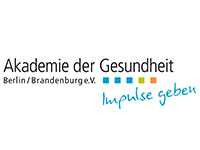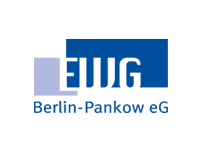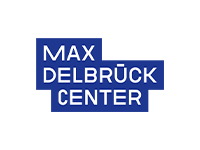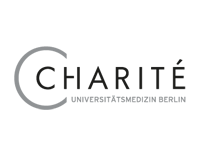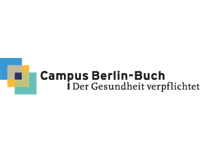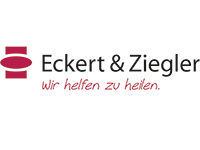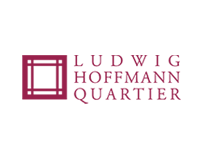Your selection
Research / 02.02.2021
Four new groups use single-cell methods to advance medicine
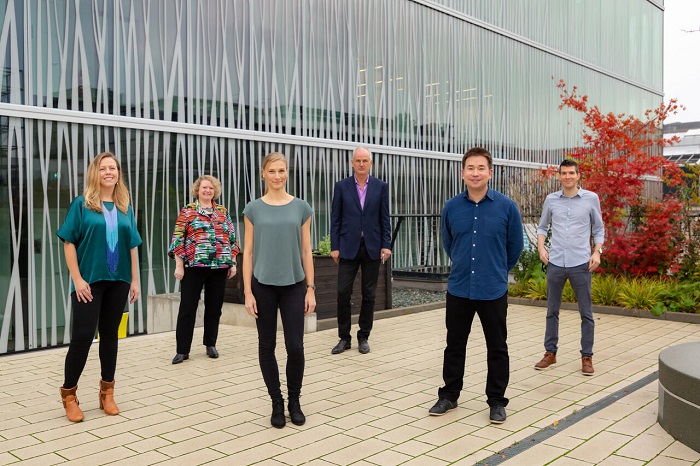
A year ago, BIH, MDC and Charité launched the joint research focus "Single Cell Approaches for Personalised Medicine". Its aim is to use innovative single cell technologies to answer clinical questions. This aspiration will be put into practice by four new junior research groups, which have now started.
They were declared the “2018 Breakthrough of the Year”: new single cell technologies that let researchers analyze the genetic activity of individual cells was chosen as that year’s top scientific achievement by the eminent journal Science. “These revolutionary technologies can play a major role in personalized medicine,” says Professor Christopher Baum, Chair of the BIH Board of Directors and Chief Translational Research Officer of Charité – Universitätsmedizin Berlin. “We have therefore decided to promote the translation of single-cell analysis. We want to expedite the transfer of research findings into clinical practice and vice versa, using clinical observations to explore new avenues of single-cell research.” To this end, the Berlin Institute of Health (BIH), the Max Delbrück Center for Molecular Medicine in the Helmholtz Association (MDC) and Charité – Universitätsmedizin Berlin have jointly established the focus area “Single-Cell Approaches to Personalized Medicine.”
State-of-the-art technologies for clinical use
At the core of the new focus area are four new junior research groups, whose leaders were selected in a competitive international recruitment process. Dr. Leif Ludwig, who comes to Berlin from the Broad Institute in Cambridge, Massachusetts, will study with his group how the development and function of stem cells is linked to the DNA of their “cellular power plants,” the mitochondria. Dr. Simon Haas comes from the German Cancer Research Center in Heidelberg and will use cancer stem cell analysis to investigate the origin of leukemia diseases in a targeted way. Dr. Stefanie Grosswendt from Berlin’s Max Planck Institute for Molecular Genetics wants to find out how individual cells know what task they have to perform in the overall network. Dr. Ashley Sanders is Canadian and comes from the European Molecular Biology Laboratory in Heidelberg and will research how new mutations arise in individual cells and drive different characteristics within an organ or tumor.
The junior research groups will be located at the MDC’s Berlin Institute for Medical Systems Biology (BIMSB) in Mitte. Here, they will have access to the latest single-cell methods and can collaborate with excellent systems biologists. BIMSB’s Scientific Director, Professor Nikolaus Rajewsky, has himself played a major role in the development of single-cell technologies. “It was as if we had invented a super microscope with which we could suddenly look inside every cell in a tissue, all the cells at once, and see what was going on at the molecular level inside the cell – for example, when and why it gets sick,” he explains. Rajewsky and Professor Angelika Eggert, Director of the Charité’s Department of Pediatrics, Division of Oncology and Hematology, are the spokespersons for the BIH’s new focus area.
Collaborating with clinicians
BIMSB is located in Berlin’s Mitte district, and thus in close proximity to Campus Charité Mitte (CCM). This will prove to be a big plus for their translational work because each junior research group will also work closely with a clinician at Charité, helping to develop single-cell technologies for real-world medical issues and clinical applications. Ashley Sanders will collaborate with Britta Siegmund, the Director of Charité’s Medical Department, Division of Gastroenterology, Infectiology and Rheumatology. Angelika Eggert will be the clinical partner of Stefanie Grosswendt. Simon Haas and Leif Ludwig will team up with the directors of Charité’s Medical Department, Division of Hematology, Oncology and Tumor Immunology, Lars Bullinger at Campus Virchow-Klinikum (CVK) and Ulrich Keller at Campus Benjamin Franklin (CBF).
“I believe that cancer research in particular will benefit from the new single-cell technologies,” says Eggert. “That’s because tumors are by no means made up wholly of the same kind of cells , but are often a very heterogeneous mixture of distinctly differentiated cancer cells, connective tissue cells, blood vessel cells and immune cells. The more precisely you know the cellular composition of a tumor, the more specifically you can target your strategies to combat it.”
The beginning of a “Cell Hospital”
“I am very pleased and also a little proud that we were able to bring these amazing young people to Berlin,” says Rajewsky. At the same time, they could hardly pass up such a unique opportunity. While the researchers can gain an in-depth understanding of the molecular details, the partnering physicians assess the clinical relevance of the findings and provide the researchers with insights into pathologies that single-cell technologies could potentially elucidate.
“I therefore consider this initiative to be the beginning of a ‘Cell Hospital,’ in which the basic research of the MDC/BIMSB, the clinical research of Charité and the translational research of the BIH are brought together,” explains Rajewsky. “The idea is not only to understand the mechanisms that cause cells to become diseased, but also to discover these cells early enough to restore them to health. I am sure that we will make significant progress for at least some diseases.”
Press release of BIH and Charité together with the MDC
https://www.mdc-berlin.de/news/press/four-new-groups-use-single-cell-methods-advance-medicine
Overview News
News Buch Berlin
Students from Freie Universität Berlin visited the Campus Berlin-Buch
Master's students in Biology at Freie Universität Berlin learned about career opportunities and start-ups at the BiotechPark Berlin-Buch on June 11, 2025.
more ...Berlin-Buch goes Boston
At BIO 2025, June 16-19 in Boston, Campus Berlin-Buch GmbH will be showcasing the location of future innovation Berlin-Buch
more ...Eckert & Ziegler: Illuccix® PSMA-PET Imaging Agent Receives Approval in Germany
Eckert & Ziegler (ISIN DE0005659700, SDAX) congratulates Telix Pharmaceuticals Limited (Telix) on the approval of its prostate cancer PET imaging agent, Illuccix® (kit for the preparation of gallium-6...
more ...Events Buch Berlin
21.06.2025, 14:00
Offener Garten und Fète de la Musique im ÖkoGut Buch
Interessierte sind herzlich in den Garten eingeladen
more ...21.06.2025, 19:30
Open Air Sommerkino Hobrechtsfelde 2025
Zum Saisonstart gibt es den DEFA-Klassiker „Heißer Sommer“
more ...28.06.2025, 16:00
Lange Nacht der Wissenschaften 2025
Mitmach-Experimente, Shows, Laborführungen
more ...